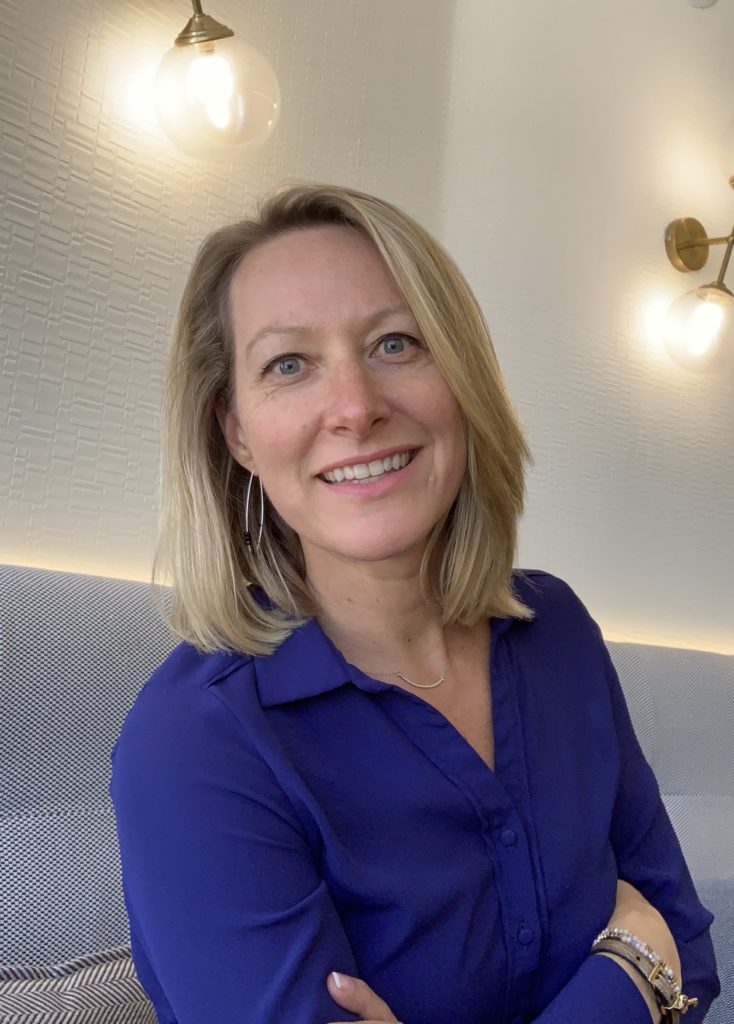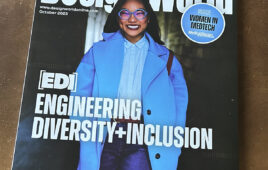
Calista Redmond, is the CEO, RISC-V Foundation
Calista Redmond is the CEO of the RISC-V International, a global nonprofit association based in Switzerland. Founded in 2015 as the RISC-V International with 29 members, RISC-V is now a truly global organization with over 200 member organizations in more than 30 countries, plus over 300 individual members worldwide. Redmond has over 20 years of senior-level management and alliance experience and significant open source community experience.
In this interview with DW, Redmond walks through the path she took in computer engineering on the road to her leadership role in helping to direct the future development and the adoption of the RISC-V, a free and open ISA enabling a new era of processor innovation through open standard collaboration,
What first drew you to engineering/electronics? / When did you first know you wanted to be involved in engineering/electronics as a profession?
I have focused my career on technology as a fundamental building block for improving society, disrupting industries, and connecting communities. The ability for collaboration across borders and disciplines has the capacity to drive lasting change for both how we function and our connections to one another. My role in technology has been at the strategic level more than the code level.
Were there any influential engineers (women or men) who helped shape your decision to get involved? If so, who and why?
The computer revolution across many sectors, including both business and consumer, has guided my passion and career. I have been most inspired by the open source collaboration models initiated in software by legends such as Linus Torvalds and companies like IBM. Their conviction and investment overcame industry skepticism and now dominates the foundation most software runs on today.
Give us an example of your involvement in: a design project, a product launch, the development of new technology, or the adoption of a new technology or process. How did you better your team, if applicable?
Leadership in open source, especially in hardware, is not about directing resources. Open source leadership is about inspiring, engaging, and igniting the passion, energy, and resources of those individuals and organizations that play pivotal roles in the adoption of technology. I have enjoyed being part of the leadership team across several open hardware movements, including OpenDaylight, OpenPOWER, Open Mainframe Project, and RISC-V, that have had a pivotal impact on the wider technology landscape.
 In your opinion, what more can be done to promote greater participation of young women in engineering today?
In your opinion, what more can be done to promote greater participation of young women in engineering today?
I think we need to inspire both young women and men to pursue technology as it has become pervasive in every career I can possibly think of. The challenge we face as a society is that there is an impression that technology starts with a code on a computer. We need to reverse this ideology and start with thinking about the impact that technology can have. What is the vision we’re aiming to achieve? By inspiring this type of visionary thinking, we can better guide people toward the many roles and careers that are needed to realize this. The careers involved in technology include all levels of education, skill, experience, context, and engagement.
What kind of perspective do you think women can bring to engineering that might be different than men?
The composition of any team is driven by the experiences and perspectives of its members. When we bring diversity to a team, we benefit from a tremendous increase in creativity and problem-solving. This diversity extends beyond usual gender, age, race, and orientation norms and into the fascinating areas of right brain / left brain strengths. When I seek to build a team, I look first at the strengths each individual brings to the project. Where the teams may fall short on diversity, I seek out rising stars that may step up to the project’s challenges.
Can you give some thought to how those new to engineering can develop confidence in the workplace and avoid mistakes? What checks and balances would you use to make sure that you don’t make mistakes, in general?
Always invite feedback and seek to surround yourself with those who inspire you as well as willingly provide you with objective input on your work. Be willing to take risks and make mistakes while looking for every opportunity to collaborate on your journey. When you collaborate, you become wiser, and you get the added benefit of cultivating relationships that will help you throughout your career.
You may also like:
Filed Under: NEWS • PROFILES • EDITORIALS, Engineering Diversity & Inclusion, Microcontroller Tips








